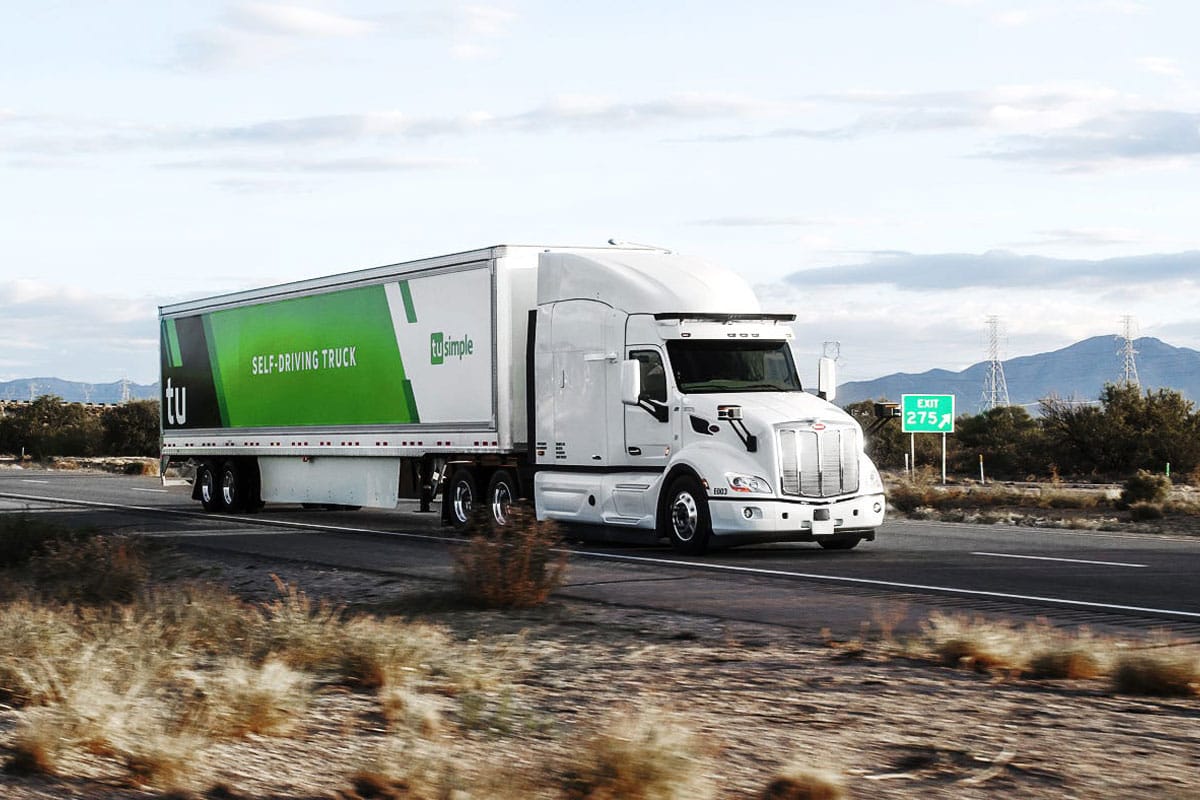By Nick Carey
(Reuters) – Self-driving truck technology company TuSimple Holdings Inc said on Wednesday it is mapping new freight lanes with UPS from Arizona to Florida and has hit significant fuel savings for the package delivery company at highway speeds.
TuSimple said since 2019 it has notched up 160,000 miles hauling freight for UPS’ North America Air Freight (NAAF) division – part of its supply chain business – and has achieved 13% fuel savings at speeds between 55 miles (88.5 km) and 68 miles per hour. The routes for that UPS unit typically run between an airport and a UPS facility.
TuSimple said it shares the data from its operations with UPS, which also owns a stake in the self-driving truck technology company.
CHECK OUT: Top 5 Electric Vehicles That Are Not Tesla
According to the American Transportation Research Institute, fuel makes up 24% of the cost per mile for heavy-duty trucks, the largest item after driver wages and benefits, which make up 42% of costs.
“Cutting fuel costs by ten-plus percent would translate into billion of dollars of savings for the entire U.S. trucking industry,” TuSimple Chief Executive Officer Cheng Lu told Reuters.
“We can’t lose sight of the environmental and efficiency gains this technology is already showing,” he said. “This shows our technology does drive more efficiently than human drivers.”
CHECK OUT: 7 Most Expensive Cars In The World
TuSimple’s network began in Arizona and the company has been expanding across the U.S. Southeast.
It plans to roll out a national U.S. autonomous freight network by 2024.
Self-driving technology for freight trucks has attracted investor attention as it should be easier and cheaper to roll out than in self-driving cars and robotaxis, while providing a clearer path to profitability.
Self-driving freight services run on fixed routes between predefined points – mostly on major highways without intersections or pedestrians – requiring less mapping than shuttling customers between random points in robotaxis.
(Reporting By Nick Carey; Editing by Steve Orlofsky)
